
Agriculture
-
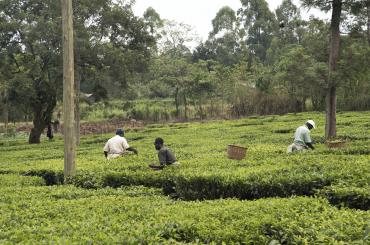
Agricultural Technology in Africa: Issue 2
-

How the price of agricultural inputs constrains farmers in Bangladesh
There are fears that agricultural subsidies could attract farmers with low returns to use new technologies. Evidence from Bangladesh shows that without subsidies, the price of agricultural inputs is actually a barrier to adoption, highlighting that h...
-
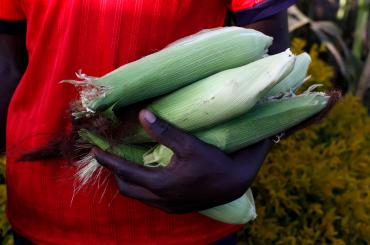
Harnessing the benefits of digital agriculture for smallholder farmers in East Africa
An evaluation of six different text-message-based agricultural extension programmes, that collectively reached over 128,000 farmers in Kenya and Rwanda, shows that while the impacts of text messages are modest, they can be an extremely cost-effective...
-
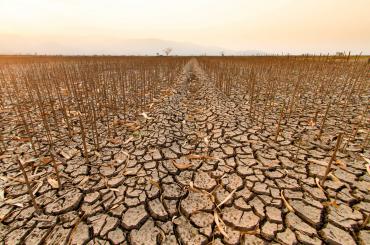
Strengthening climate resilience in agriculture
Climate change is increasing the severity and incidence of extreme weather events. How can policymakers help build farmer resilience to these shocks?
-
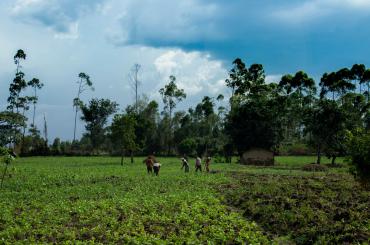
How supervisors nurture talent in organisations
Supervisors can nurture talent within organisations by passing on tacit production knowledge that improves workers’ performance. Evidence from Uganda shows that investments in supervisors as coaches can be a cost-effective way to boost worker product...
-
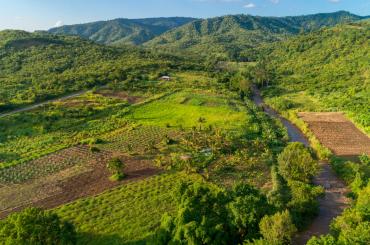
Smallholder farmers’ crop yields and productivity are failing to rise in sub-Saharan Africa
What has new evidence taught us about the evolution of smallholder agricultural productivity in sub-Saharan Africa over recent decades?
-

What can we learn from food economics?
Food economics holds important lessons about market power in supply and product markets, poverty and malnutrition, and farm size.
-
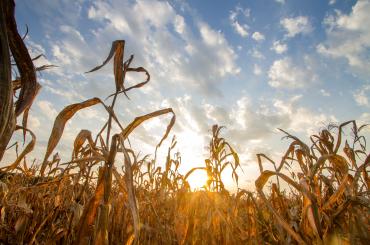
The feedback loop between climate change and agriculture
Anthropogenic climate change will likely intensify the negative environmental impacts of agriculture through powerful feedback loops. This has important implications for development research, policy and R&D investment.
-
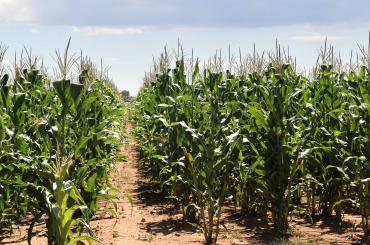
Farmers hold false beliefs about the seeds they grow – and it matters for efficiency
With more inputs, improved crop varieties can yield more. But do Ethiopian maize farmers know enough about their seeds to optimise fertiliser use?